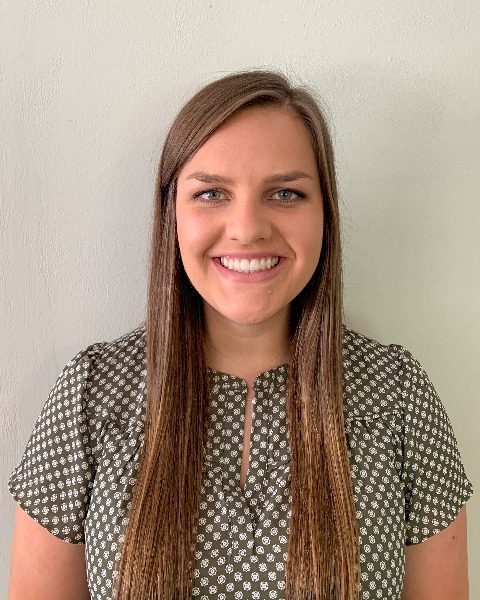Live Workshops
Quality and Systems Based Practice
Can You Clear the Board? An Interactive Workshop on Systems-based Treatment of Pediatric Psychiatric Emergencies
- SS
Scott Simpson, MD, MPH, FACLP
Associate Director of Behavioral Health Services
Denver Health
Denver, Colorado - TD
Thom Dunn, PhD
Staff Psychologist
Denver Health
Denver, Colorado .jpg)
Meghan Schott, DO, FAPA (she/her/hers)
Assistant Professor
George Washington University
Washington, District of Columbia
Erin Soares, PhD
Pediatric Psychologist
Denver Health
Denver, Colorado
Lead Speaker(s)
Speaker(s)
Emergency departments (ED) are critical access points for youth in behavioral health crisis. (Cushing 2023) As the pandemic has waned, EDs are challenged to deal with extraordinary increases in youth visits for self-harm and anxiety, particularly among certain patient populations such as adolescent women and racial/ethnic or gender minority youth. (Brewer 2022; Radhakrishnan 2022; Abrams 2022) Among the many challenges in treating these youth in the ED include paucity of evidence-based practices, lack of staff training, and limitations in the accessibility of age-appropriate hospital or outpatient care services. Consultation-liaison (C-L) and emergency psychiatrists often find themselves managing individual high risk patients while interacting with complex systems of care–under the pressure to discharge patients and “clear the board.” In this workshop, attendees will work together to manage a busy ED. Who must be seen? Who does not need psychiatric care? Which patients should be admitted--and which ones will board? In their teams, attendees will select patients off the board, consider a treatment plan, and disposition the patient. Attendees will learn and apply specific interventions for patient care, all while considering high level systemic issues that impact their decision-making. Based on attendees’ choices, presenters will share specific content material that brings together original research and programming data and clinical experience to inform treatment decisions. Unique complexities in suicide risk management and social determinants of health among youth, adolescent, and young adult patients are addressed. Among the patient presentations that workshop attendees will discuss are A youth in foster care who presents after disruptive behaviors and has a contested disposition, A youth with an addiction to fentanyl, A youth presenting after trauma and at risk of trafficking, and An adolescent male who is brought to the ED by police and has complications from prehospital care. In discussing the management of these cases, presenters from multiple disciplines and institutions--all with a passion and deep expertise in addressing adolescent behavioral health crises–will discuss original data from unique programs treating youth with behavioral health emergencies. Attendees will hear multiple novel initiatives in considering how a continuum of care can support youth in crisis: An integrated proactive psychology service that treats more than 80 patients per month in a pediatric urgent care and emergency department, providing services such as connection to follow-up behavioral health care (for 21% of patients), relaxation training (15%), and brief behavioral therapy (15%) or parenting training (15%) (Casher 2022), New national consensus guidelines by child psychiatrists and pediatricians to guide the care of the boarding child psychiatric patient, A collaboration between a health system and state public health department to track suicide and overdose mortality after ED discharge among youth, and A multi-institutional collaboration to build escalation plans for youth with extended periods of boarding and coordinates key action steps among psychiatry, emergency medicine, and county and state administrators. We hope that attendees will gain skills, perspective, and collaboration that improve their care of young patients facing challenging circumstances and foster their own resilience in this difficult work.Learning Objectives:

